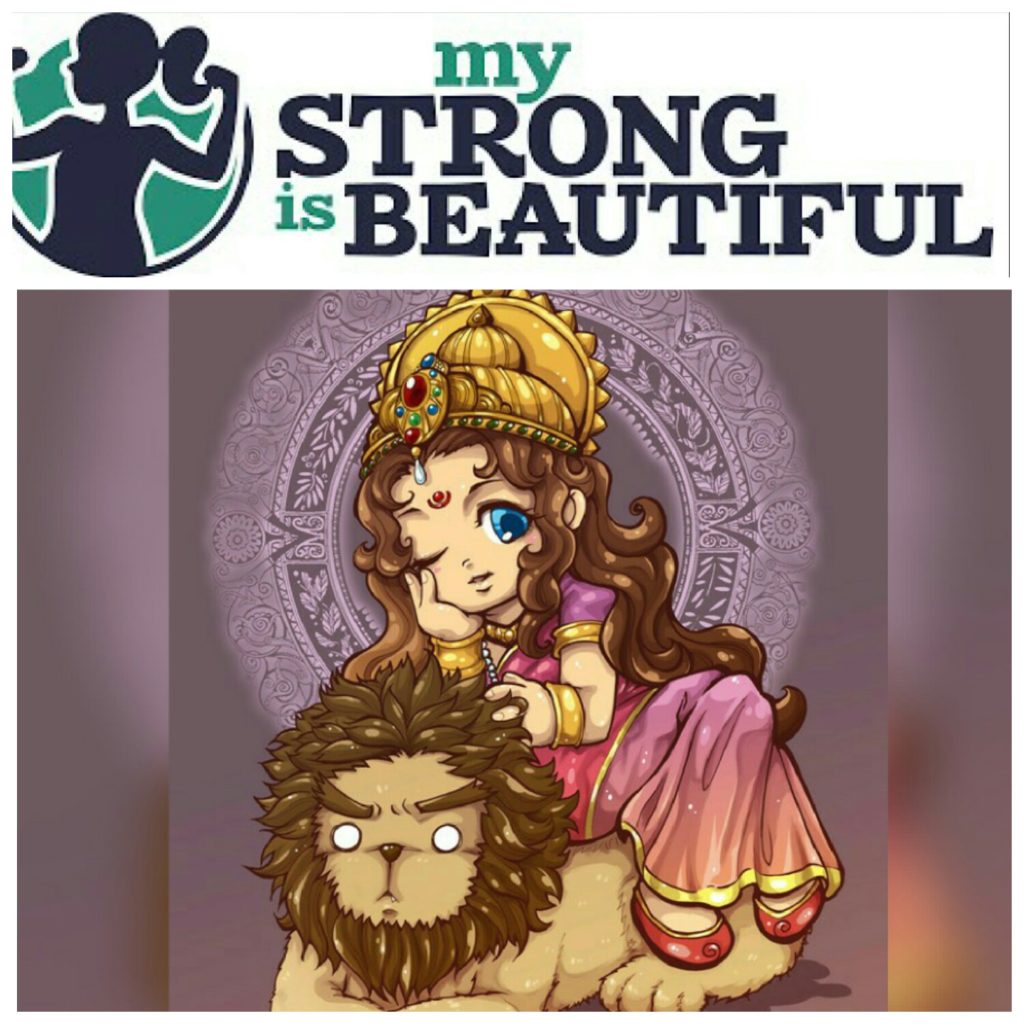
Open letters are breaking the Internet these days. Farhan Akhtar recently wrote one to his daughter and Amitabh Bachchan to his granddaughters. Also in the very recent past, films such as Pink and Parched have done impeccably well in addressing women’s issues in both rural and urban settings in India. Today we are at the last day of Navratri, a festival dedicated to the feminine nature of the Divine. The feminine has always been worshipped in Indian culture in various forms. She is referred to as ‘Adi Shakti’, ‘Param Shakti’, ‘Maha Shakti’ or simply as ‘Shakti’. Today, most households in India will invite small Kanyas for prasad, worship them and give them gifts. The belief is to recognize in the girl child the power, energy and strength that is vested—the ‘Shakti’.
Yet, at the same time, ours is a culture which has also seen a terrible exploitation of the feminine. Though people’s awareness about women’s issues is gradually on the rise, what I believe needs to be done at the most basic level is to bring about some important changes in the way we bring up our girls.
1. Bring them up to be strong, independent women, not delicate “Daddy’s Princesses”
If we constantly keep our girls away from sports and athletics, and worry more about their complexion getting darker in the sun, we cannot be sure of giving them a safe and secure future. If we keep fretting over their bruises and repeat expressions in front of them such as ‘daag nahi gaya toh shaadi kaun karega’, we can be sure of raising a generation that will only continue to get exploited. Sports do a lot more than they appear to. In my career as a fitness professional, I have often come across girls who play sports but only until they are in the 8th or 9th standard. As parents and guardians, it is our responsibility to encourage them to keep pursuing sports even later or to weight train at the gym and/ or take up any traditional form of yoga practice. Lifting weights at the gym is not going to make them look less like girls—in fact, it will give them the strength and courage (both physical and mental) to stand up for themselves and never give up. Practising inversions (head stands, shoulder stands, etc.) at yoga classes empowers a girl to “choose” and not simply “comply”. She learns to rise against conventions and conditioning, without the fear of falling down.
‘Shakti’ is literally translated as ‘Strength’ and Strong is NOT the ‘new’ beautiful. Strong has always been the ONLY beautiful. The festival of Navratri is based on this fundamental insight.
2. Free them from the chains of shallow conditioning, the so called breed of ‘cultured’ girls
Violence at home is India’s ‘failing’—BBC, 2014.
What sets our country apart from the rest of the world is the culture of silence that surrounds it. Ironically, the more educated a girl is, the more silent she gets. The pressure to fit in with society’s expectations, to be a ‘cultured’ girl who is always smiling and enduring, is shouldered more by the so-called ‘acche ghar ki ladkiyan’. This, by the way, is the exact opposite of education, for education is supposed to remove your fears and set you free. The “beti bachao, beti padhao yojana” sounds a lot like a joke. The responsibility does not lie with schools but with each of us. It is our responsibility to stop raising “Good” girls. Instead, let us raise “Strong” girls.
3. Let’s change their bedtime stories with the changing times
Stories of Cinderella and the like mostly revolve around the sad plight of beautiful girls waiting to be rescued by their Prince Charming. When we live in a society where incidents of domestic violence are reported about once every five minutes (BBC, 2014), I really wonder if stories of “happily ever after” really make any sense. Instead, let’s tell them stories of bravery, grit, valour, and honour, of the invincible Durga from mythology, of Jhansi ki Raani from history, and of Yusra Mardini or Reshma Qureshi in our current times.
4. And lastly, stop body shaming, please!
We come from a culture where we apply ‘kaala tikka’ on the foreheads of our children with the belief that each child, whether dark or fair, tall or short, fat or thin, is beautiful. Today, it is in vogue for mothers to be constantly worried. In my work, I meet worried mothers on a regular basis. ‘Yeh dil maange more’ is the mantra: can she be a little thinner, a little taller, and of course, a little more fair than what she is? Interestingly, most of these mothers are themselves quite unfit to begin with. Get a life, mommies! Start with yourself first. After all, Mahatma Gandhi rightly said, “Be the change you want to see.”
Read about the journey of grit, courage and strength of these strong women who overcame hurdles to be healthier and happier-
1. TRANSFORMATION – STORY OF ANNAPURNA SHARMA
